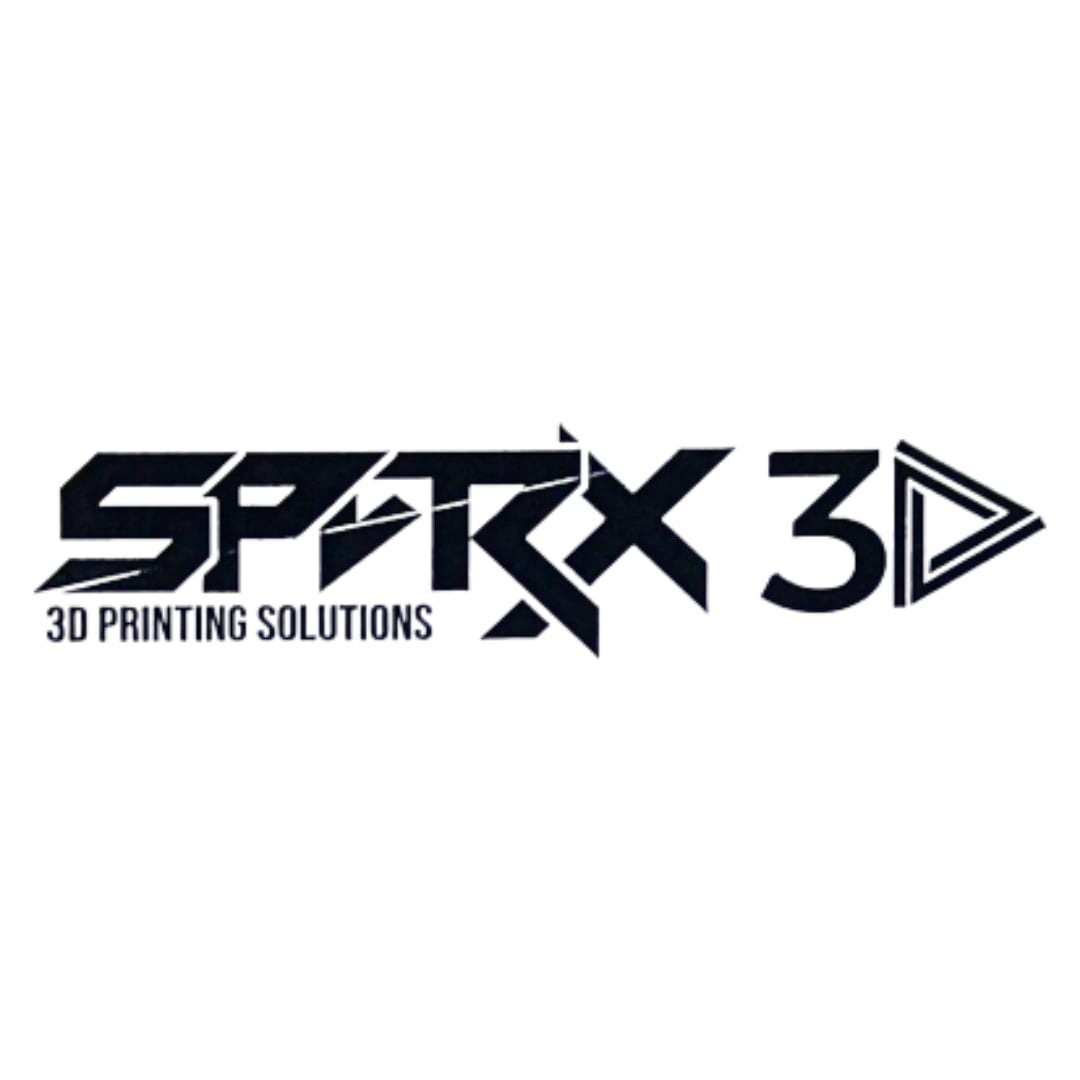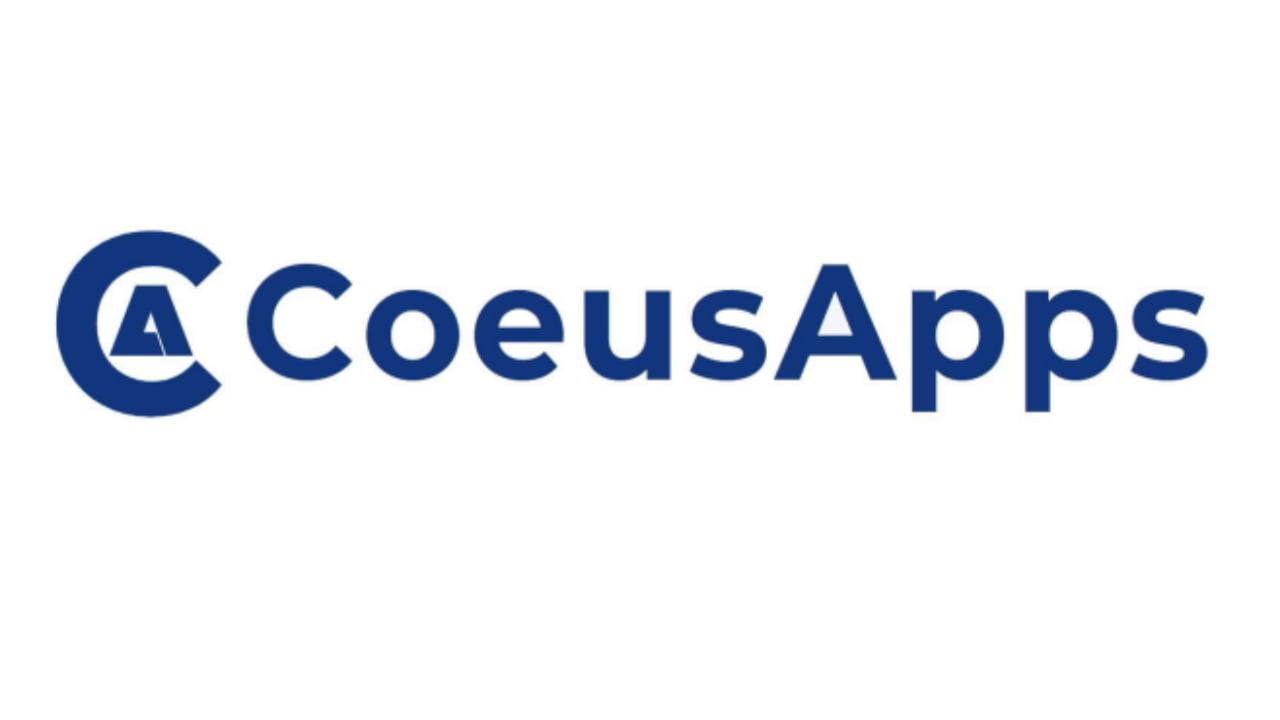Embrace the Versatility of Python Experience the Magic of Python Programming
PYTHON Training @techmindz
Unlock the World of Programming with our Comprehensive Python Training
Introduction to the course
Python without a doubt is now one amongst the most in-demand language of our time. By choosing to learn Python course in Kochi from Techmindz you will gain expert knowledge from beginner to advanced level meeting the purpose of the industry demands. Upskilling yourself in this popular and versatile language can be a career boost that many are looking for.
Benefits of studying Python
With an industry-relevant curriculum, learn from expert faculty with hands-on experience. At Techmindz, we offer best Python training online and offline in Kochi, also avail top-notch practical experience, project-based learning and hands-on coding sessions.
Readability and Simplicity: The best job-oriented Python training in Kochi course has a clear and readable syntax that emphasizes code readability, making it simpler to learn and understand.
Versatility and Flexibility: Python is a versatile language utilized in diverse domain names and for exclusive functions.
Large and Active Community: Python has a large and energetic network of builders, fanatics, and specialists who contribute to its growth and evolution.
Who can learn Python?
There aren’t any particular qualifications or unique skills essential to gaining knowledge in Python. It is an accessible skill that each person with an interest in software development can acquire. Anyone who has the mind to work for it can become certified in Python, but becoming a Python developer requires a lot of effort and patience.
Job Outcomes
Anyone interested in pursuing Python training in Dubai for a data science or software development career would find this useful. The best Python Programming Course in Kochi from Techmindz benefits programmers, architects, technical leaders, software engineers, and developers.
Why Techmindz?
If you are looking for the best Python training in Kochi along with placement services then Techmindz is the right place. Here at Techmindz we are proud to have expert trainers who always strive to share their valuable knowledge and guide you through the right career path.
- Backed by NDimensionz, Infopark Kochi is an established multinational corporation.
- Branches in the US, Canada, Singapore, Australia, Dubai and SA.
- An ISO 9001:2015 certified company.
- Affiliated with NACTET, NSDC and KKEM.
- Training led by industry-experienced professionals.
- Hands-on training with case studies, assignments, etc.
- Choose from online or Offline classes.
- Access to recordings of all sessions, even offline classes.
- Industry-based project scenarios for practical experience.
- Personalized support from a dedicated placement team.
- Comprehensive interview prep program, including mock interviews and interview questions.
- Master your interview skills with our own AI-based interview tool.
- Located at Infopark Kochi, with access to a network of 650+ tech companies
Have a Question?
Contact
Carnival Infopark Phase I, Infopark Rd, Infopark Campus, Kochi, Kerala 682042
info@techmindz.com
Python
Unleash Your Coding Superpowers and Embrace Simplicity with this Dynamic and Versatile Language.
Course Plans available at Techmindz
Avail the Python Programming Training in Kochi from Techmindz. We do have three plans that you can opt as per your preference:
SEED PLAN
2.5 Months Training
15 Days Live Project
Benefits
- Certified course
- Internship based on PE
- 8 Grooming sessions
- Performance evaluations
- Recorded sessions
- Extra learning sessions
- Weekly assignments
- Main project
- Free access to LMS
Update on job vacancies in and around Infopark
GROWTH PLAN
2.5 Months Training
15 Days Live Project
3 months internship
Benefits
- Certified Course
- Confirmed Paid Internship
- Sessions by Industry Experts
- Flexible Pricing options
- 24/7 learner assistance and support
- Placement based on PE
- 8 Grooming sessions
- Performance evaluations
- Recorded sessions
- Extra learning sessions
- Weekly assignments
- Main project
- Free access to LMS
Update on job vacancies in and around Infopark
SUCCESS PLAN
3 months internship with stipend & job placement
Benefits
- Certified Course
- Confirmed Paid Internship
- Sessions by Industry Experts
- Live Client Projects
- Flexible Pricing options
- 24/7 learner assistance and support
- 8 Grooming sessions
- Performance evaluations
- Recorded sessions
- Extra learning sessions
- Weekly assignments
- Main project
- Free access to LMS
Update on job vacancies in and around Infopark
Syllabus
Python
1) Python Introduction
– What is Python?
– Knowing the history of Python
– Unique features of the Python language
– Differences between Python 2 and Python 3
– Installation of Python and Environmental Setup
– First Python Program
– Python Identifiers
– Python Keywords
– Python Indentation
– Document and Comments Interlude in Python
– Command-line arguments
– Getting to know User Input -Python Basic Data Types
– What are the variables?
2) List, Tuples, and Ranges In Python
– Introduction
– Lists in Python
– Knowing more about Lists
– Understanding the Iterators
– Generators and Comprehensions
– Lambda Expressions
– Understanding and using the Ranges
3) Python Sets and Dictionaries
– Knowing about the section in Python
– Python Dictionaries
– Understanding more Dictionaries
– Sets
– Python Sets Examples
4) Python Sets and Dictionaries
– Reading Files -Writing text files
– Appending to Files and Challenge
– Manually writing the binary files
– Writing Binary files with Pickle
5) Python Functions
– Python user-defined functions -Python packages and functions
– Calling and Defining the function
– The anonymous Functions
– Statement and Loops in Python
– Python Packages & Modules
6) Python Object Oriented
– Overview of OOP
– Creating Objects and Classes
– Accessing attributes
– Built-In Class Attributes
– Destroying Objects
7) Python Exceptions Handling
– What is Exception?
– Handling the exception
– Try..except..else
– try-finally clause
– The argument of the Exception
– Standard Python Exceptions
– User-Defined Exceptions
– Raising an exceptions
8) Python Regular Expressions
– What is a regular expression? -Knowing match Function
– Understanding the search Function
– Searching Vs Matching
– Extended Regular Expressions
– Search and Replace function
– Wildcard
9) Useful Additions
– Collections – named tuples, default dicts
– Breakpoints and Debugging
– Using IDEs
– Matching vs searching
Django
1) Preparatory Session
-Web programming introduction
– Introduction to HTML
– Tags in HTML
– Basic HTML
– HTML Hyperlink
– HTML Forms
– CSS introduction
– CSS syntax
– CSS Display positioning
– CSS Floats
2) Introduction
– Installation of Django
– Module settings
– Request and response
– Running the development server
– Introduction to Django Admin Site
3) Models Layer
– Introduction to Model
– Field Types
– Field Customization
– Making queries
– Asscessing the related objects
– Django migrations
– Raw SQL and search
4) Layer View
– View Functions
– URLConfs
– Shortcuts and decorators
– Request and Response objects
– File upload
– Class based views
– Mixins
-Generating PDF and CSV
5) Template Layer
– Overview of the template language
– Built-in tags
– Built-in filters
– Humanization
– Custom tags
– Humanization
– Custom filters
-csrf token
6) Forms
– Introduction
– Forms API
– Validating Forms
– Built-In Fields
– Built-In Widgets
– Model form
– Form sets
7) Internationalization And Localization
– Types of vectors
– Internztionalization
– Localization
– Localizing UI
– Form Inputs
– Model Form
– Time Zone
– Form Sets
8) General Web Application Tools
– Authentication
– Django Built-in authentications
– Customizing authentication
– Password management
– Logging
– Caching
– Sending email
– Syndication Feeds (RSS/Atom)
– Pagination
– Serialization
– Message Framework
– Sessions
– Site maps
– Signals
– Static file management
– Introduction to bootstrap framework
9) Database
– Create Database
– Drop Database
– Connections
– Executing queries
– Transactions
– Handling Error
10) SQL & SQL Constraints
– Introduction
– DDL Commands
– DML Commands
– SQL statements, operators, clauses
– Aggregate functions
11) Database Handling
– Database maintenance through console-based programs
– Database maintenance through GUI based program
12) Database Design
– Database schema
– Schema in use
– Types of database schema
– Table relationship
13) Real - Time Projects
Testimonials
FAQ
Q1: What will I learn in a Python course?
A: In a Python course, you will analyze the basics of the Python programming language, consisting of variables, statistics types, control systems (loops, conditionals), capabilities, reports dealing with, object-oriented programming (OOP) principles, modules, and greater. Advanced topics can also encompass database connectivity, web scraping, GUI (Graphical User Interface) improvement, and working with outside libraries.
Q2: Are there any prerequisites for enrolling in a Python course?
A: Having a fundamental knowledge of programming concepts and good judgment may be helpful. Familiarity with any other programming language can also make it less difficult to grasp Python’s syntax and ideas.
Q3: Can I take a Python course online?
A5: Yes of course. There are many institutes that offer online courses. Here at Techmindz, you can avail the best online Python class, Kochi wherein it offers you the flexibility of self-paced learning, along with video lectures, coding practices and one-on-one sessions.
Q4: Can I get hands-on experience in a Python course?
A: Here the Python course in Kochi from Techmindz gives you the benefits of hands-on coding knowledge along with many advantages like practical know-how and programming assignments. From learning the concepts to practicing coding, you will thereby build the real-world application using Python.
Q5: How do I choose the right Python course?
A: There are many Python courses out there. But choosing the right one needs to be done wisely. Check for the modules, institutes’ expertise, reviews, cost and all. Here at Techmindz, you will get the best Python Programming Course in Kochi that makes you equipped for the real-world scenario. Even with our placement opportunity, you can land in your dream job for sure.




















Connect Us























